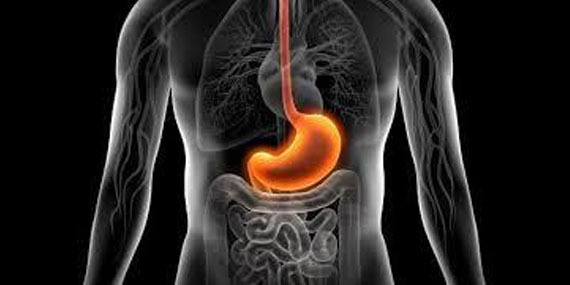Gastritis which most of us are aware of is inflammation of the lining of the stomach and has many possible causes.[1] Common causes of gastritis are excessive alcohol consumption or prolonged use of pain killers (also known as NSAIDs) such as aspirin or ibuprofen. Gastritis may also develop after major surgery or traumatic injury severe infections. Gastritis may also occur in those who have had weight loss surgery resulting in the banding or reconstruction of the digestive tract.
Many people with gastritis experience no symptoms at all. However, upper central abdominal pain is the most common symptom; the pain may be dull, vague, burning, aching, gnawing, sore, or sharp.[6] Pain is usually located in the upper central portion of the abdomen, [3] but it may occur anywhere from the upper left portion of the abdomen around to the back.
Other signs and symptoms may include: Nausea, Vomiting (if present, may be clear, green or yellow, blood-streaked, or completely bloody, depending on the severity of the stomach inflammation), Belching (if present, usually does not relieve the pain much), Bloating, Early satiety, Loss of appetite, Unexplained weight loss
Treatment for gastritis usually involves:
- Taking antacids and other drugs (such as proton pump inhibitors or H-2 blockers) to reduce stomach acid
- Avoiding hot and spicy foods and eating on time
- For gastritis caused by H. pylori infection, your doctor will prescribe a regimen of several antibiotics plus an acid blocking drug (used for heartburn)
- If the gastritis is caused by pernicious anemia, B12 vitamin shots will be given.
- Eliminating irritating foods from your diet such as lactose from dairy or gluten from wheat Once the underlying problem disappears, the gastritis usually does, too.
You should talk to your doctor before stopping any medicine or starting any gastritis treatment on your own.
Comments are closed.








